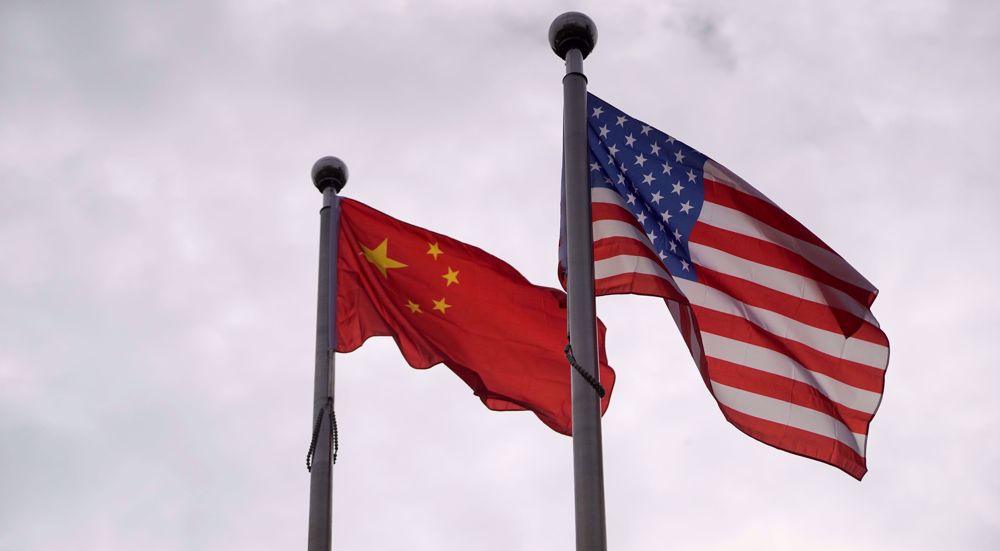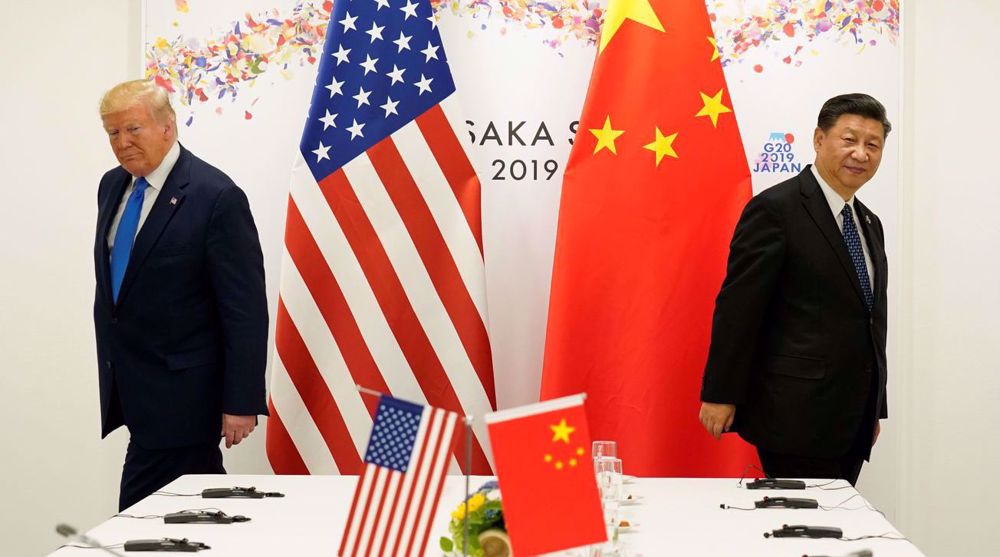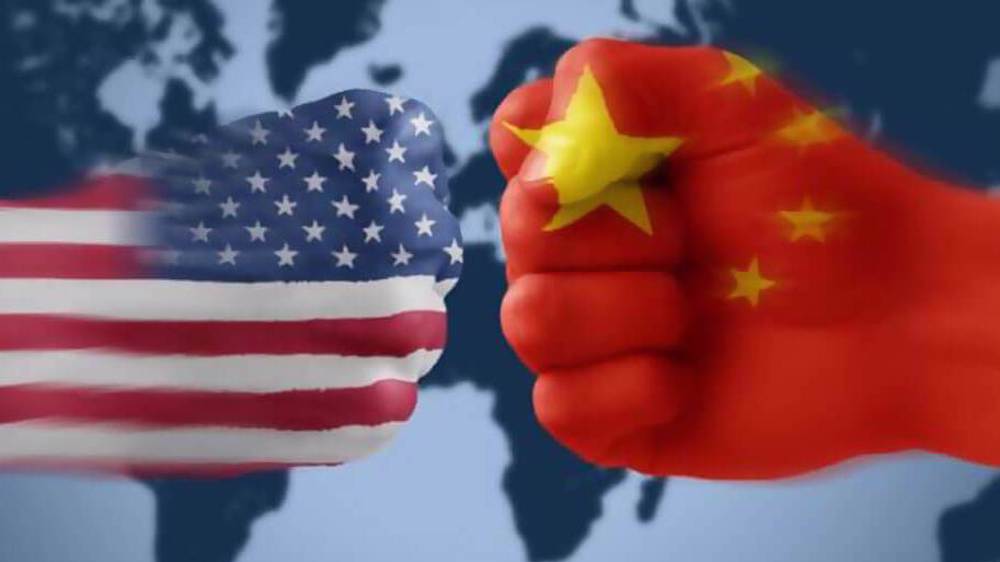US House passes bill aimed at increasing competitiveness with China
The US House of Representatives has passed sweeping legislation aimed at increasing American competitiveness with China and boosting US semiconductor manufacturing.
The bill, which was passed on Friday in a 222-to-210 vote, will invest billions of dollars in American manufacturing and scientific research in a bid to take on China's growing economic dominance.
The legislation is part of a renewed push by the administration of President Joe Biden and Democrats to salvage stalled industrial policy legislation and resolve persistent supply chain woes and inflation fueled by semiconductor shortages.
Democratic Rep. Stephanie Murphy voted against the bill, saying in a statement that "the trade section of the bill includes problematic, poorly-vetted provisions."
The only Republican to vote “yes” was Rep. Adam Kinzinger, but most Republicans opposed, saying the legislation was inadequately tough on China. They also argued that the legislation was loaded with too many extraneous provisions, including funding for marine mammal research and efforts to conserve coral reefs.
Republican Representative Kevin McCarthy of California and the minority leader said the legislation showed that Democrats were prioritizing welfare and climate change over real efforts to compete with China.
“It wastes billions of dollars on unrelated matters and includes no measures to make China pay for the chaos they created,” he said.
If enacted, the bill would be the most expansive effort yet by the US to take on China with a substantial role for the government in boosting technological advances and industrial growth.
Speaker Nancy Pelosi of California said, in a news conference, the bill would ensure that the US remained pre-eminent in manufacturing, innovation and economic strength and could “outcompete any nation.”
Relations between the US and China - the world’s two biggest economies - have been strained over a range of issues from trade to security to COVID-19 pandemic.
Although Biden and his Chinese counterpart Xi Jinping held a virtual summit in November, it produced no significant breakthroughs.
In the same month, China lashed out at the US for its decision to add dozens of Chinese companies to a trade blacklist, saying the move violated a consensus reached between Biden and Xi.
It came after the US Commerce Department added eight technology firms based in China to the list for their alleged role in assisting the Chinese military’s quantum computing efforts and acquiring or attempting “to acquire US origin-items in support of military applications.”
'Capitulation': Israeli officials and media concede Gaza defeat as truce unfolds
'Gaza has won': Social media users react to ceasefire with mix of relief, joy
Iran seeks South Korea’s assistance for AI, fiber-optic projects
VIDEO | Iran's 'Eqtedar' (Power) maneuver
Israel hits HTS military target in Syria for 1st time since fall of Assad
VIDEO | Press TV's news headlines
Israel has slaughtered 13,000 students in Gaza, West Bank
VIDEO | More Zionist than Zionists: Biden’s legacy to be defined by Gaza genocide













 This makes it easy to access the Press TV website
This makes it easy to access the Press TV website